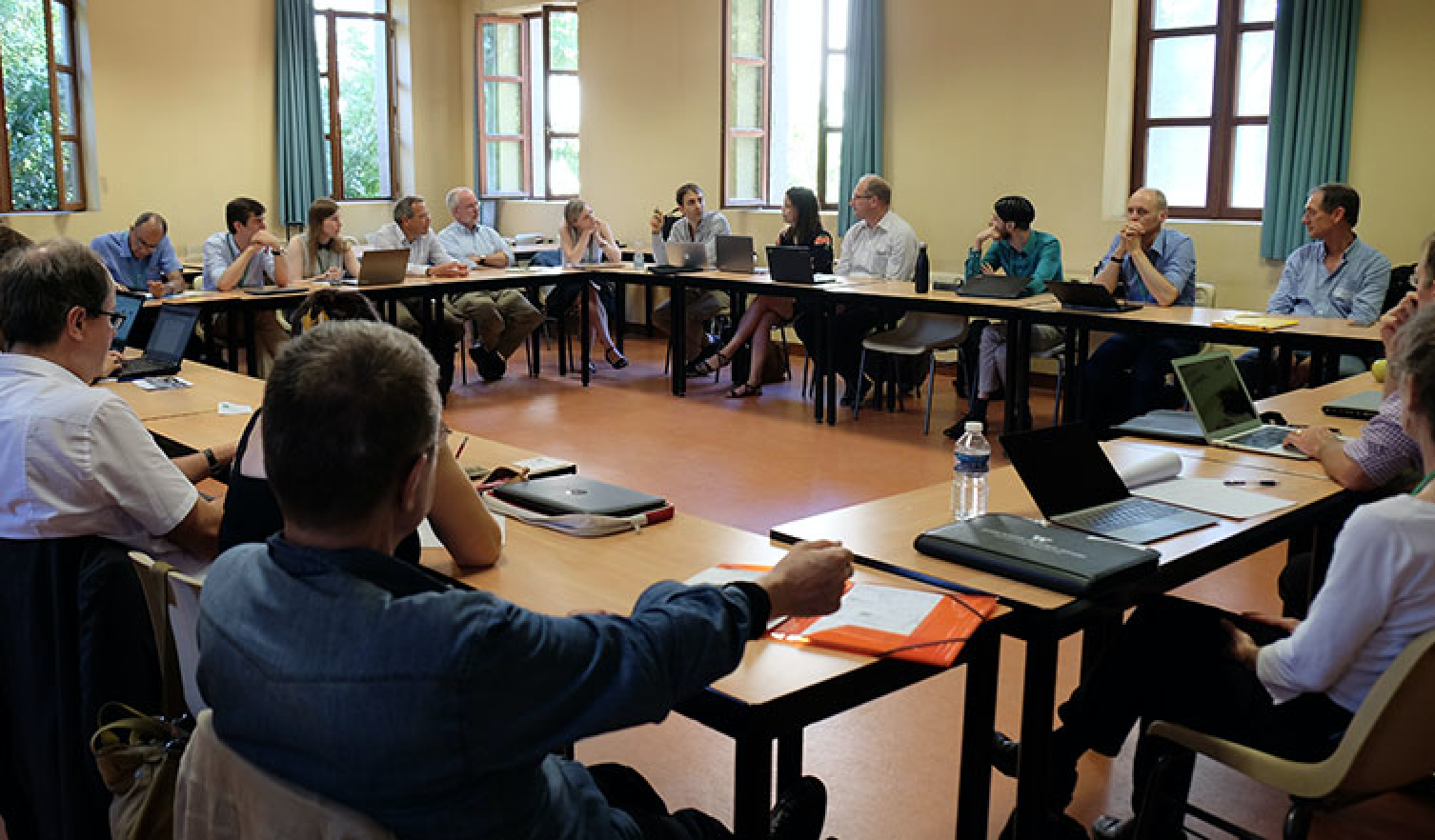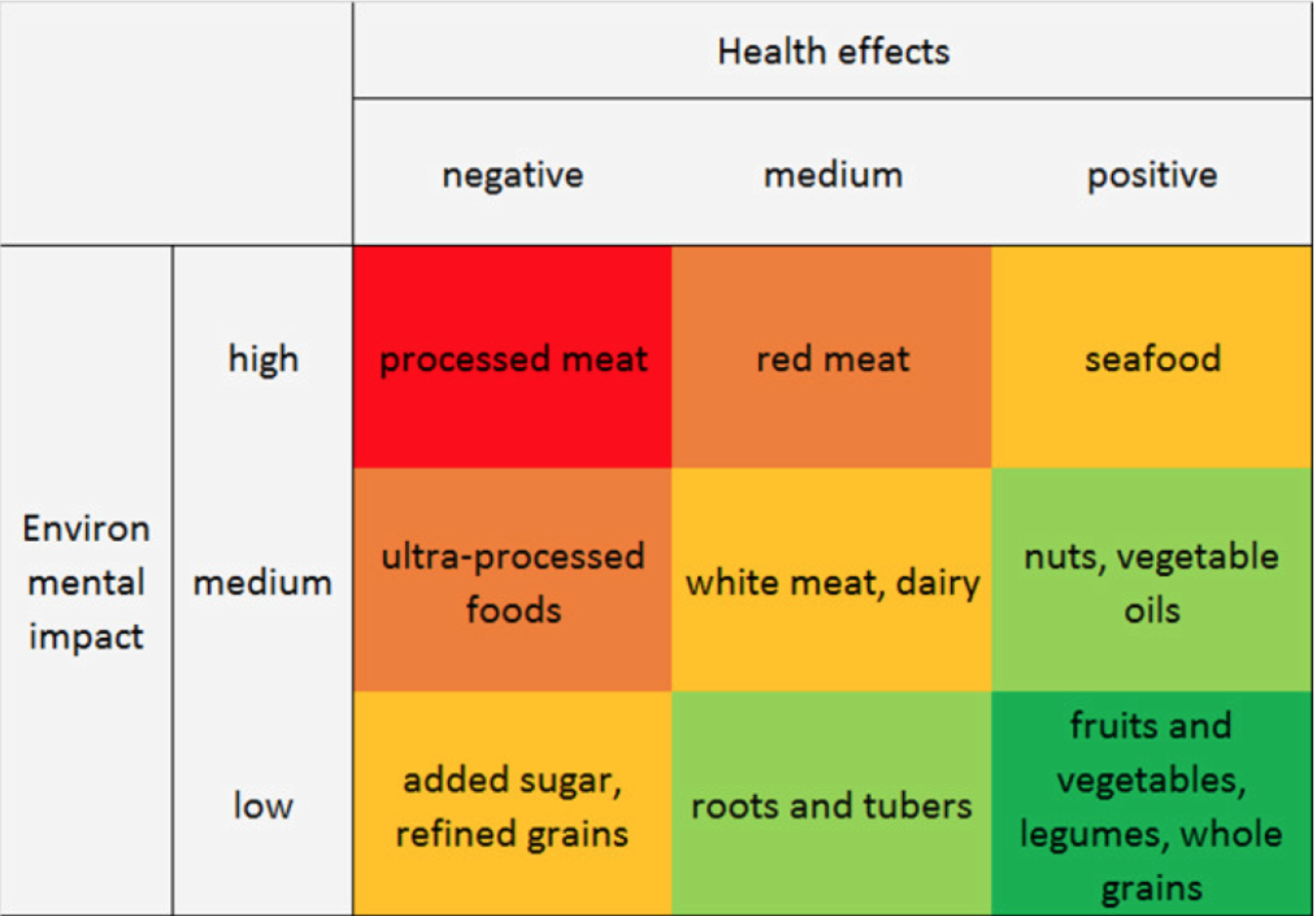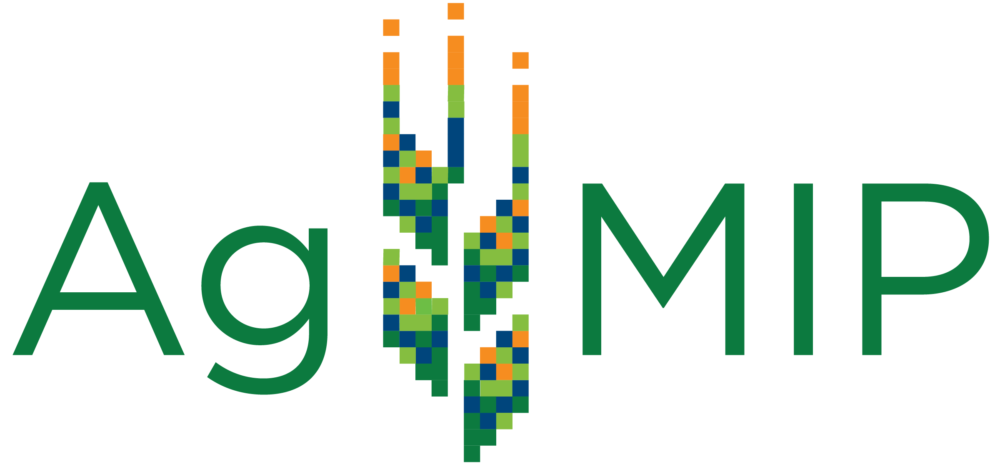Nutrition
Main Contacts for Initiative
Adam Drewnowski, University of Washington, USA
Jessica Fanzo, Johns Hopkins University, USA
AgMIP6 Nutrition Roundtable
By Dave Gustafson, Monday, July 25th, 2016.
This press release was originally posted by the ILSI research foundation here.
Scientists have recognized for some time that climate change represents a major and growing threat to agricultural production systems. However, a new area of focus has recently emerged involving the complicated linkages between our changing environment, nutrition security, and human health, which are intensified due to our highly interconnected regional and global food systems.
The ILSI Research Foundation is working to advance scientific understanding of these complex interactions and better inform adaptation responses, in order to help food systems meet nutrition needs in more sustainable ways.
An important step forward in this effort took place on July 1, 2016 in Montpellier, France, where the ILSI Research Foundation joined academic partners from the University of Washington and Johns Hopkins University to co-host a roundtable discussion among 30 multidisciplinary international experts, titled “Climate Change, Nutrition & Health: Building Collaborative Structures.”
The roundtable was scheduled as a side-event of the 6th Global Workshop of the Agricultural Model Intercomparison and Improvement Project (AgMIP), a major international effort linking the climate, crop, and economic modeling communities. Earlier in the week at the AgMIP Global Workshop itself, the ILSI Research Foundation co-led sessions intended to begin new dialogue, interaction and collaboration between the nutrition and climate change communities.
The July roundtable discussion represented a unique opportunity to greatly expand the scope of these conversations with nutrition scientists who would not have otherwise been participants in the AgMIP discussions.
The roundtable began with invited comments from Dr. Adam Drewnowski, University of Washington, Dr. Nicole Darmon, INRA, Dr. Fabrice DeClerck, Bioversity, Dr. Marco Springmann, University of Oxford, Dr. Hans van Meijl, Wageningen University, and Dr. Leigh Anderson, University of Washington.
Through this roundtable discussion, a shared understanding of the research gaps between nutrition, health and climate change was developed. At the conclusion of the workshop, participants identified ways to fill these gaps through future scientific collaboration and research.
“Health effects of climate change due to changes in dietary risk factors could be substantial, and appear to exceed other climate-related health impacts.” -Dr. Marco Springmann, University of Oxford
Roundtable participants were then divided into three parallel breakout groups of around 10 scientists each, to answer the following questions:
- What is the evidence of how diets impact climate change? What is the evidence of how climate change impacts dietary patterns and nutrition and health outcomes?
- What are the key metrics and methods that are needed to better understand the linkages and pathways between diets, nutrition, health outcomes and climate change?
- How can the nutrition and climate communities better work together? Which other actors need to be involved if we want to change the food environment in the context of a changing world?
These discussions were facilitated by Dr. Drewnowski, Dr. Jessica Fanzo, Johns Hopkins University, and Dr. David Gustafson, ILSI Research Foundation.
“Although it is not typically included in current food security modeling, seasonal hunger has been associated with increased stunting. Climate change is expected to alter seasonality, potentially increasing the “hunger months.” -Dr. C. Leigh Anderson, University of Washington
The three groups then reconvened to share highlights of their discussions and agree on next steps. Among the surprising findings was that healthier diets are often associated with higher greenhouse gas (GHG) emissions, highlighting the complex tradeoffs in food choice.
“What we eat affects greenhouse gas emissions. Healthier diets are often associated with higher emissions. There are tradeoffs and many complexities.” -Dr. Nicole Darmon, INRA
Others noted the sequential linkages between climate, crops, diet, and health – with new models suggesting these risk factors exceed other climate-related health impacts.
Another series of discussions involved the complex role of animal-sourced foods (see sidebar).
An overall summary of the workshop will be prepared and circulated among the workshop participants for public release later this summer. The group unanimously concluded that a half-day of these conversations was a great start. However, the effort must now be significantly broadened and deepened by gathering a larger number of experts to develop a coordinated and comprehensive research strategyThe ILSI Research Foundation will continue to collaborate with AgMIP and other key stakeholders to address this critical need.

Scientists discuss nutrition, health and climate change at roundtable side session of AgMIP6 Global Workshop.
Key Role of Animal-Sourced Foods
Optimizing animal-sourced food (ASF) production and consumption is a major opportunity and need, but how do we get there? Here are some of the questions raised by roundtable participants:
- What would be the unintended consequences of regulation and ASF pricing policies (e.g. would they potentially be regressive)?
- How can we bring more equity to ASF consumption patterns?
- What are the broader implications of ASF for climate mitigation and adaptation?
- How can we appropriately engage the agri-food industry in efforts to optimize ASF production and consumption?
- How can we boost consumption and production of non-ASF foods (e.g. pulses and vegetables)?
- How would ASF changes affect regional and global trade?
Food Security Update, AgMIP7
Main contact(s) for Initiative: Marco Springmann, Pauline Scheelbeek, Cynthia Rosenzweig
Brief description of activity: Planning of joint assessments of global and regional adaptation and mitigation actions and consequences for food security and public health.
Overview of participants: 2 public health researchers, ministry of agriculture (extension specialist) Costa Rica, agronomist, development expert
Stakeholders: Wellcome, EAT, DFID, RCUK, WHO, FAO
Plans for 2018-2019:
Link to global assessments (w/ Global Econ Team):
- Dietary implications of deep mitigation pathways
- Economic and mitigation impacts of healthy diets
Link to regional assessments (w/ RRTs):
- Health impacts of regional adaptation and mitigation actions
- Regional dietary pathways
- Health impacts of dietary interventions
Link to globally gridded crop models (w/ GGCMI)
- Climate impacts in nutrition-sensitive crops (fruits and veg, etc)

